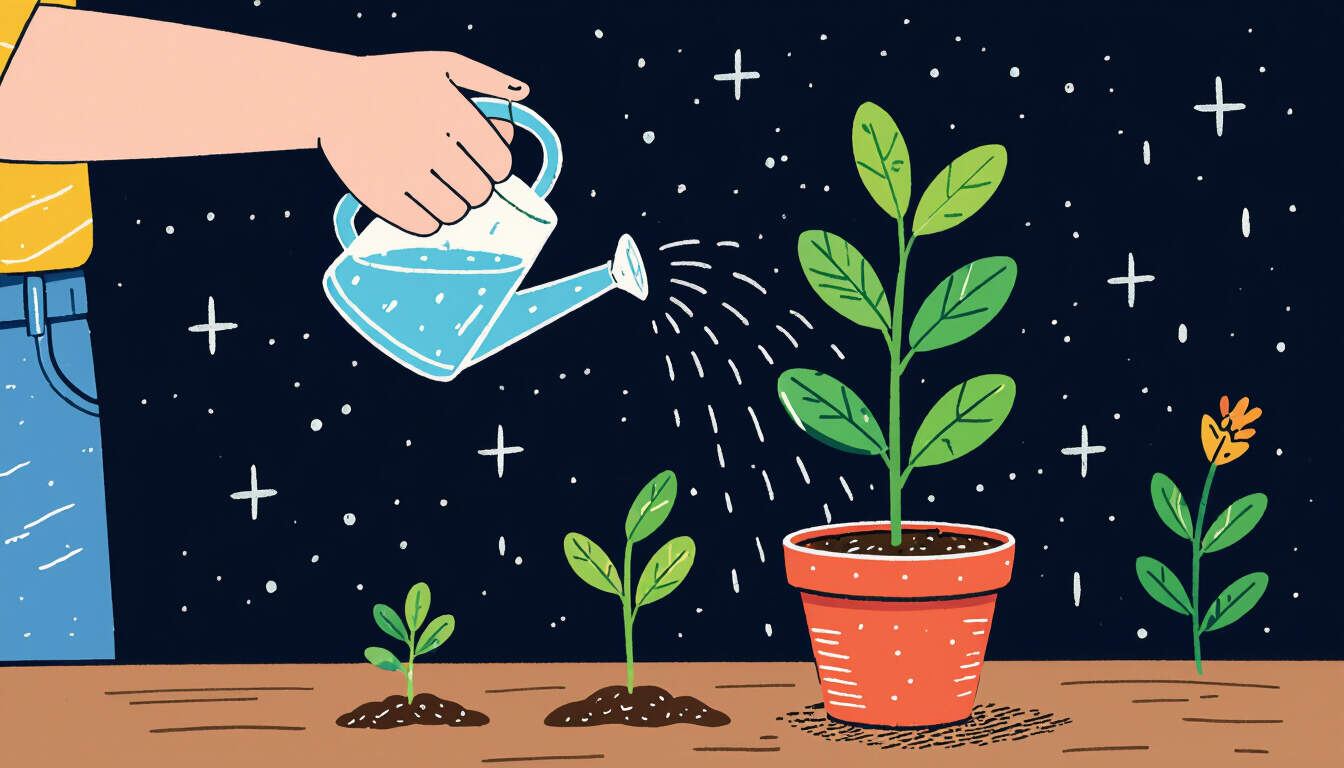Building Daily Habits with Mental Models
 by Thaddeus Blanda
by Thaddeus Blanda
Discover how mental models serve as tools for creating and sustaining daily habits. This article explores practical strategies from psychology and cognitive development to foster long-term change, making habit formation accessible for everyone.

Mental models offer a structured way to approach habit building, helping individuals create routines that lead to personal improvement. These frameworks draw from psychology and cognitive strategies, providing clear paths for change.
The Basics of Mental Models in Habit Formation
Mental models are cognitive tools that simplify how we think about behaviors. For instance, the habit loop breaks down routines into key components. This model includes a cue, an action, and a reward, forming the foundation of many daily practices.
In practice, recognizing a cue can trigger a desired behavior. For example, placing running shoes by the door might serve as a cue for morning exercise. Over time, this loop reinforces the action, making it automatic.
Applying Cognitive Strategies for Daily Routines
Cognitive development plays a significant role in habit building. One effective approach involves setting specific intentions. By defining exact plans, such as "I will read for 20 minutes after dinner," individuals increase their chances of follow-through.
This method aligns with principles from behavioral psychology, where clear goals lead to better outcomes. It encourages reflection on past actions, allowing adjustments for future attempts. Lists can help organize these intentions:
- Identify a trigger for the habit.
- Define the exact behavior.
- Track progress daily.
Such strategies build resilience, turning one-time efforts into consistent patterns.
Real-World Examples of Habit Building
In business strategies, incremental changes mirror approaches used in personal development. For example, focusing on small, daily improvements can accumulate into significant results. This idea, often seen in professional settings, applies equally to everyday life.
Consider someone aiming to improve health. Starting with a simple walk each evening can evolve into a regular fitness routine. Here, the feedback loop becomes essential, where monitoring outcomes helps refine the process.
Professionals might use this in work settings, like dedicating time each day to skill-building. The key is consistency, which mental models make achievable by breaking tasks into manageable steps.
Overcoming Challenges with Mental Frameworks
Challenges often arise when establishing new habits, such as lapses in motivation. Mental models address this by emphasizing environment and mindset. For instance, altering surroundings to support behaviors, like keeping healthy snacks visible, can ease the process.
From a cognitive perspective, viewing habits as skills to develop reduces pressure. This shift promotes a positive outlook, where setbacks are learning opportunities rather than failures.
Integrating Habits into Daily Life for Long-Term Growth
To sustain habits, integration into existing routines is crucial. Combining new behaviors with established ones, such as meditating during a morning coffee break, creates a seamless fit.
Over time, these practices contribute to overall cognitive development. Individuals report enhanced focus and productivity, stemming from the routines they build. For lifelong learners, this means continuous growth through simple, repeated actions.
In summary, by leveraging mental models, anyone can foster habits that support personal and professional goals. The process involves clear planning, consistent application, and adaptive strategies, leading to lasting benefits.
